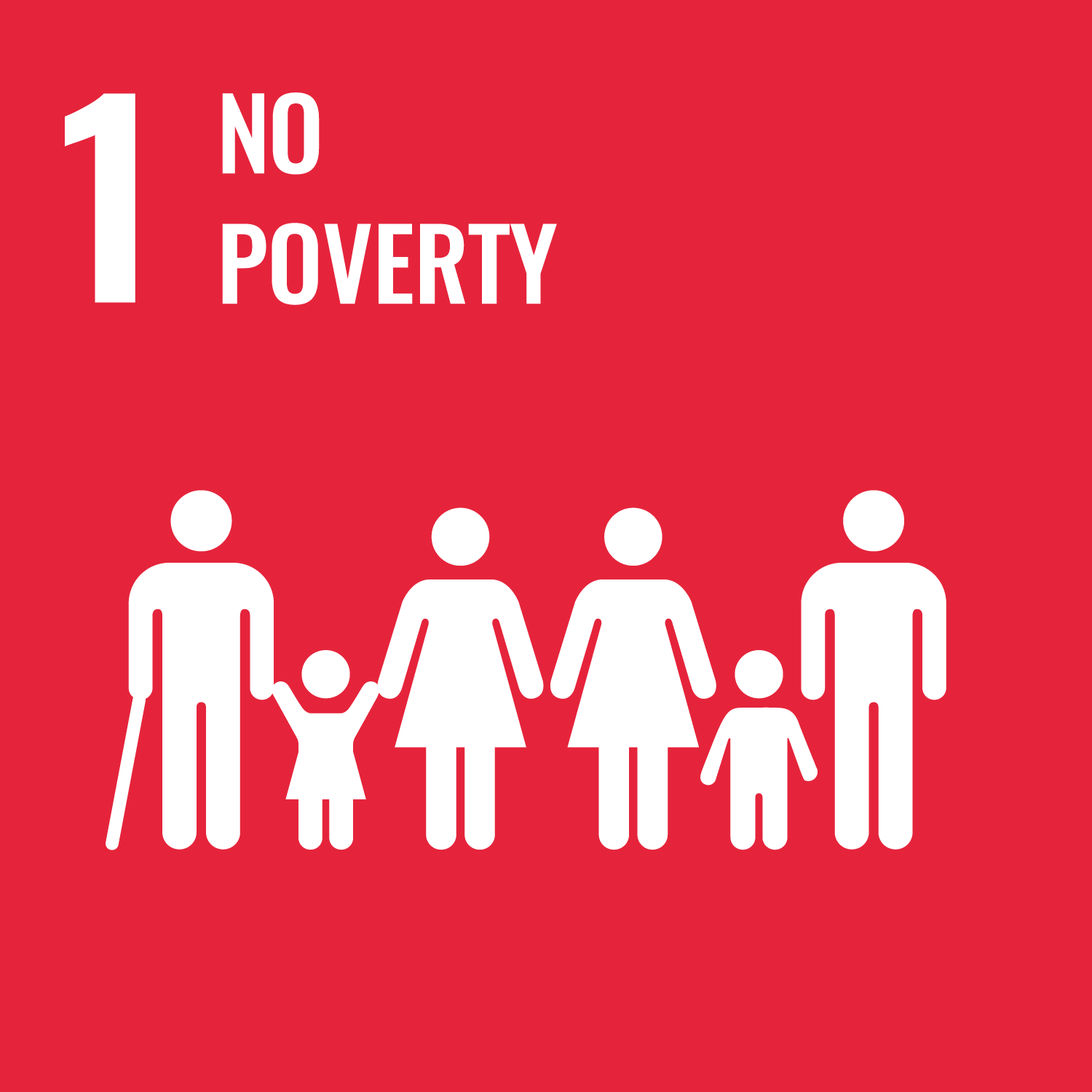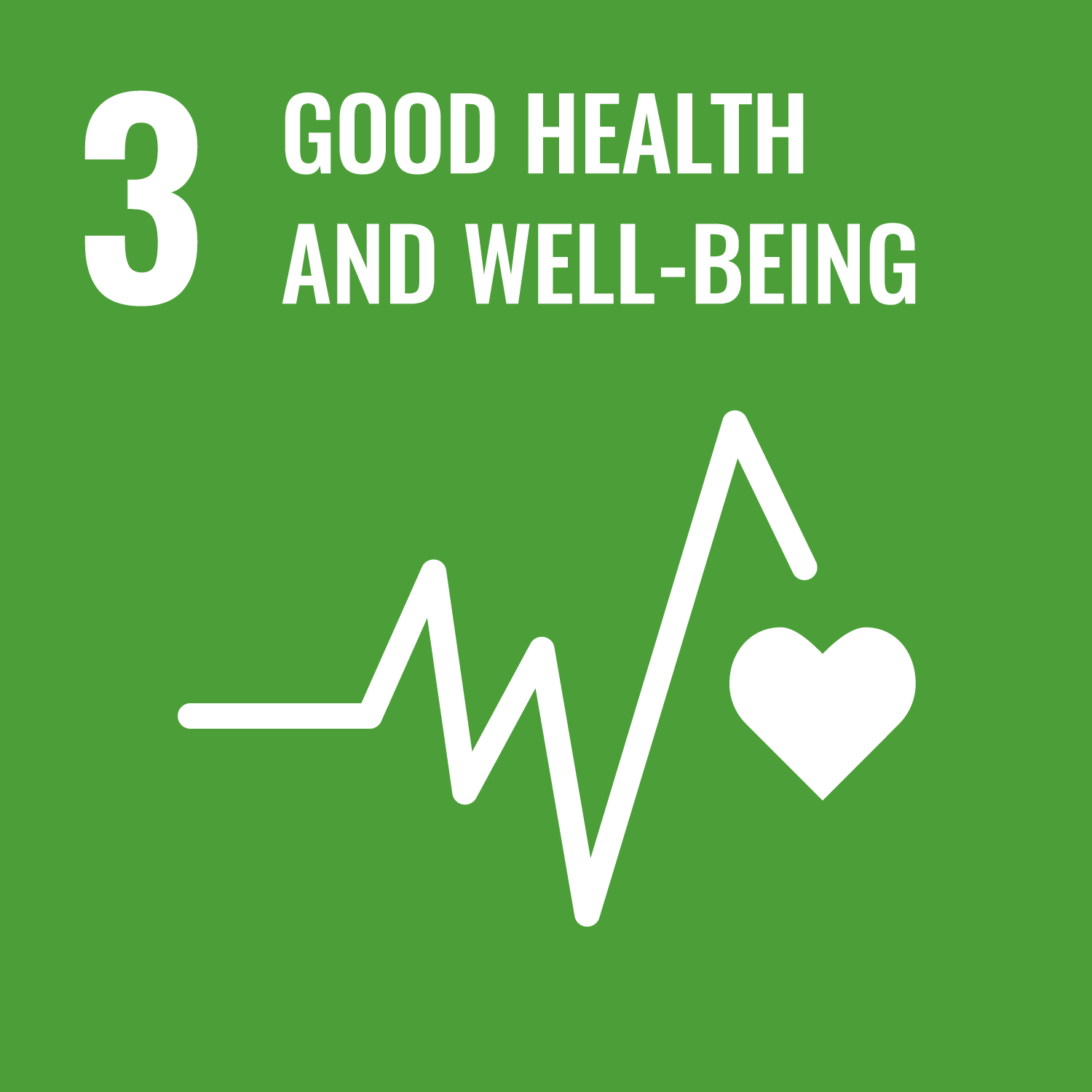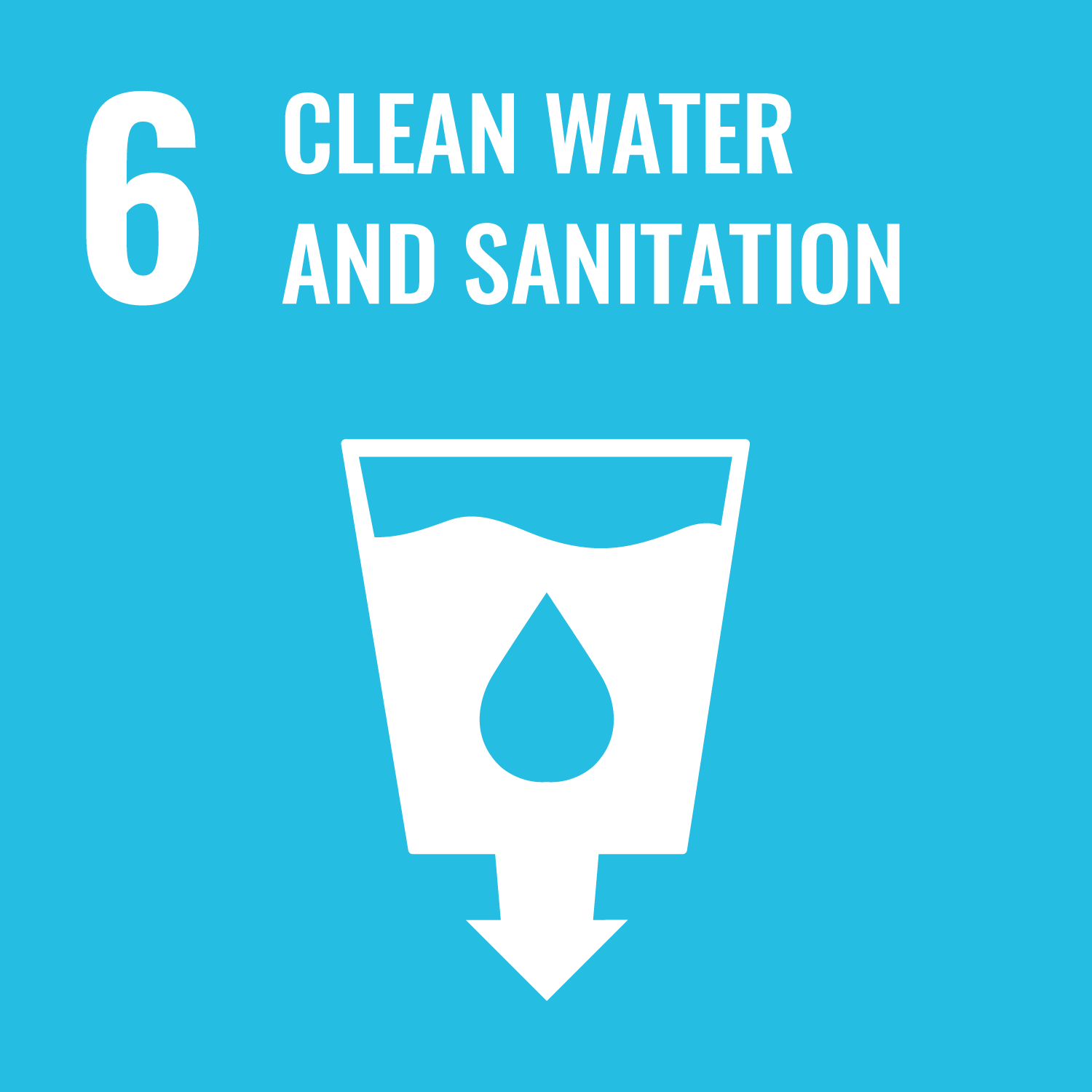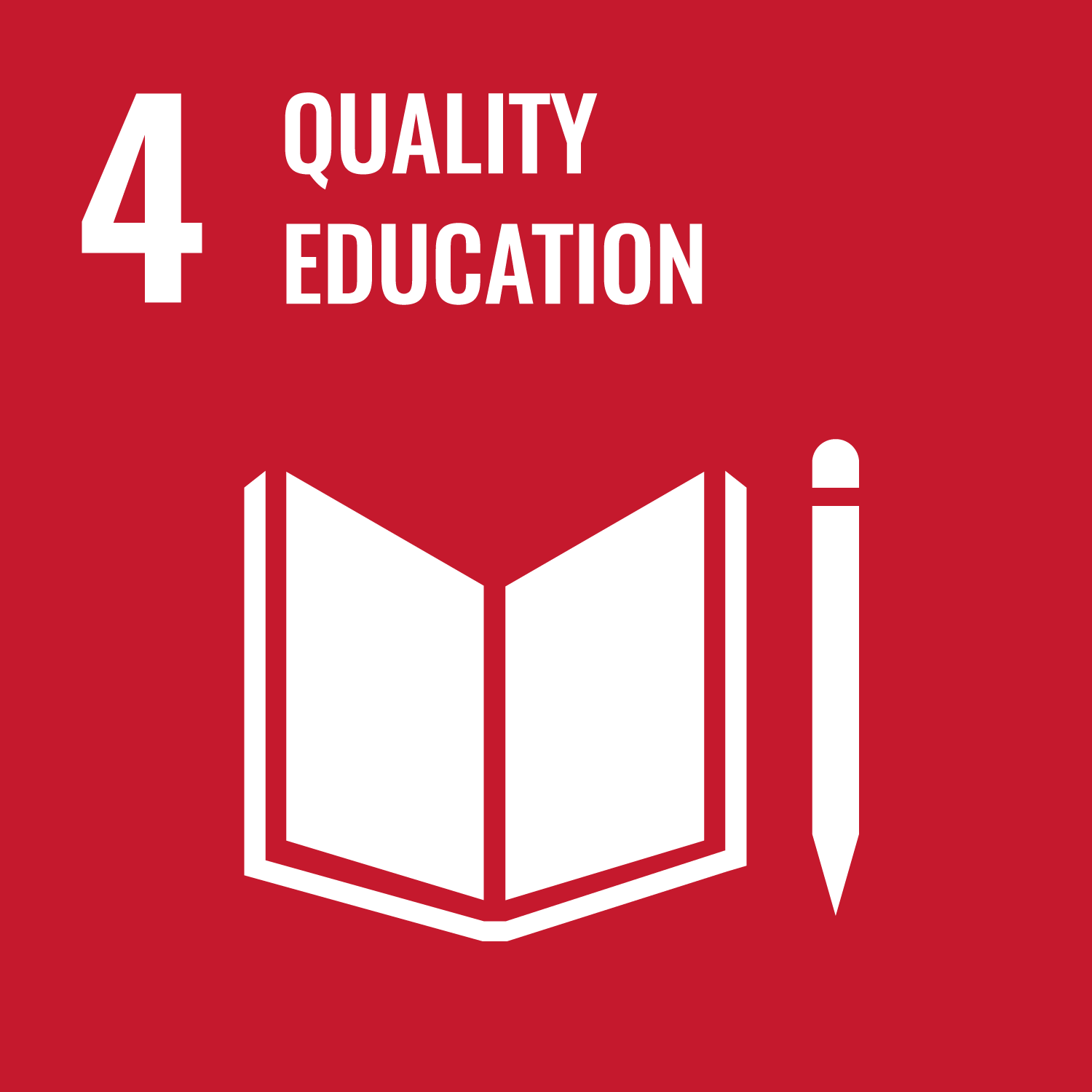 Organisation verified by Tadamon
Organisation verified by Tadamon
East Bali Poverty Project
- CSO Profile
- Campaigns
- Projects
- Events
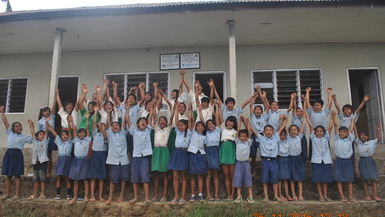
Overview
Organisation type
Nonprofit organisation
Country of Registration
Annual Budget
100 000 - 1 000 000 USD
Scope
Local
Field of Activities
Organisation Laguage
English
Other
Contact
Contact
David John Booth MBE
Website
Phone
+62361410071
The East Bali Poverty Project (EBPP) is a non-profit organisation established in July 1998 by a British resident of Bali after an appeal for help by the 19 communities of Desa Ban, an isolated 7,200Ha East Bali mountain village, forgotten by time and progress.Commitments made at the outset of full community participation and bottom-up stakeholder led structured sustainable development established the foundation for mutual trust and belief with and between the 19 communities.
The whole village was first engaged in 1998 by conducting participatory community surveys with 1,056 of the 3,000+ families in the 19 scattered sub-villages, which revealed thousands of people living without water, sanitation, roads, schools, health facilities, electricity or suitable nutrition sources due to their steep and sandy farmland that could only sustain seasonal cassava, corn and peanuts crops. The conditions across the communities exhibited abject poverty, poor health with widespread skin diseases, 85%-100% illiteracy, high child malnutrition, 85% goitres from endemic iodine deficiency disorders (the highest in Indonesia and perhaps anywhere) with abnormally high rates of cretinism (iodine being the essential nutrient for healthy child births, brain and body development), an average 30% child mortality before the age of 1 year, depending on hamlet, poor diet, and totally inadequate water and track access.
When interviewed in November 1998 to determine their priorities if EBPP could help, over 1,000 families in the most isolated communities requested children's education, better farming techniques, health facilities and a clean water supply as a foundation for a better future. An inspiring and productive collaboration then began with the most disadvantaged communities. From education as a foundation, followed by comprehensive health outreach, safe water and sanitation facilities we have grown and are running various environmental initiatives that harness human and natural resources for mutual benefit to improve living ecosystems, provide sustainable food sources for thousands of people, provide sustainable livelihoods for the present and future, and ensure the preservation of the local environment and ecosystems. With the philosophy of “helping people to help themselves”, all programmes are designed as models that can be replicated, and executed by local people who directly transfer knowledge and appropriate technology within their communities.
